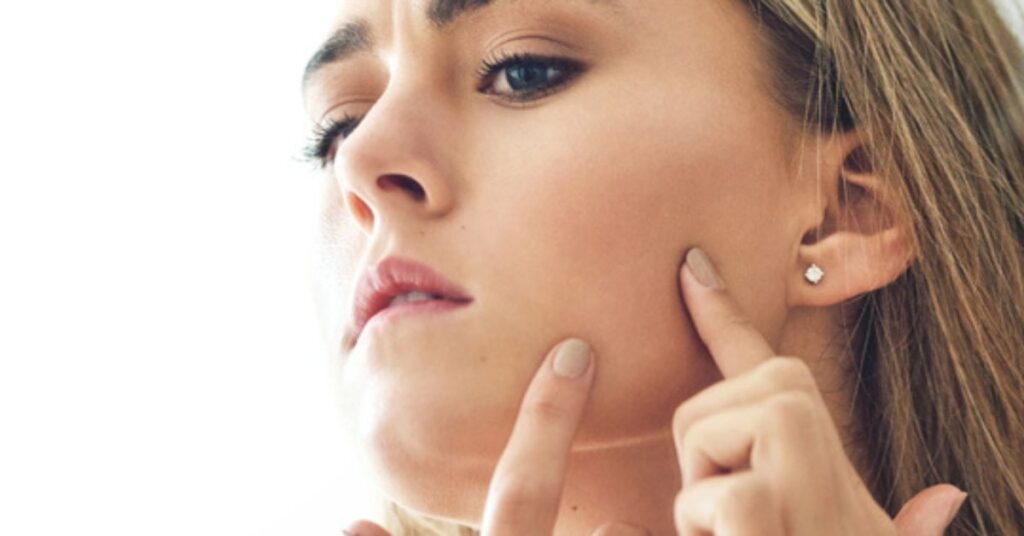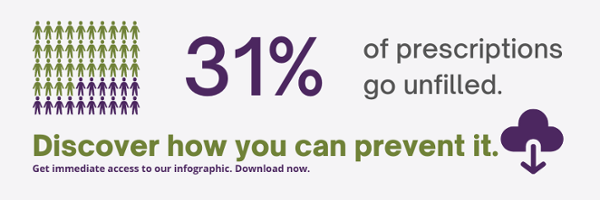School starts this month, which means it’s a new year of learning, making friends, and studying for good grades. School often acts as a form of stress for many students, and nothing is quite as stressful as an acne breakout. We may not be able to control the environment or factors that contribute to these breakouts; but, we can alter the way we eat, which DOES affect the occurrence rate of breakouts. Here are some foods to incorporate into your kid’s diet this school year to help their skin stay healthy in appearance.
- Foods high in fiber content. Fiber-rich foods help regulate blood sugar, which stops breakouts from forming. Such foods include oatmeal, beans, apples, and carrots.
- The contents of salmon contain omega-3 fatty acids. These acids lower inflammation in the body and they also lower the amount of IGF-1 (protein) the body makes. Both can contribute to acne breakouts.
- So many who experience acne breakouts have low levels of antioxidants, like vitamin E and selenium. Nuts, such as almonds, peanuts, and Brazil nuts, have an abundance of antioxidants. Monitor how much nuts are consumed, however, and follow the serving size listed on the package.
- Oysters contain zinc, which is a nutrient for the skin that helps kill the bacteria that causes acne. Zinc assists the body by helping it stop the creation of chemicals that cause inflammation. As with nuts, monitor the number of foods consumed that contain zinc, as too much can lead to other health problems. It is recommended to eat no more than 40mg of zinc per day. If your kid isn’t a fan of oysters, they can take zinc supplements instead. However, you may want to consult with their doctor before doing so to determine the amount they should take.
- Seaweed is a great source of iodine, which is needed for thyroids to work properly. The recommended amount of iodine is 150 mg per day (for those who aren’t pregnant or breastfeeding). If your child isn’t a fan of seaweed or sushi, they can receive iodine from other foods like fish, or by using iodized salt on other foods.
Please visit us for all your needs at Healing Dose Compounding Pharmacy


